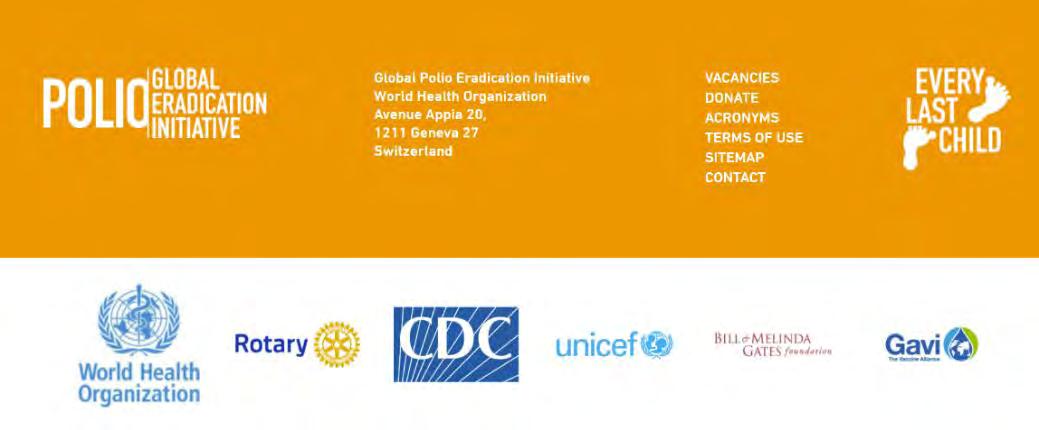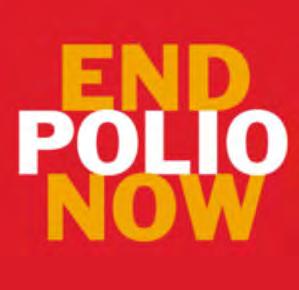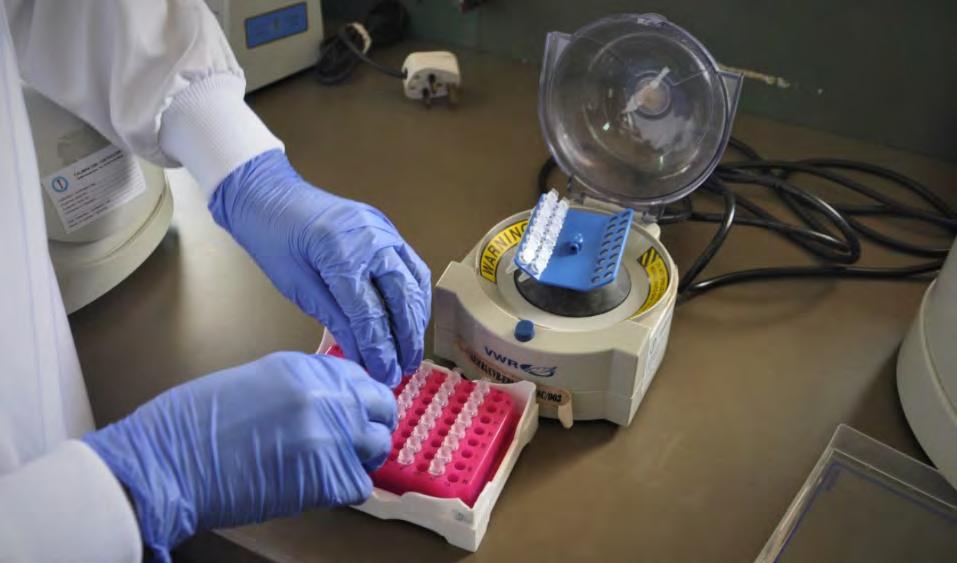
3 minute read
U.N. INTERNATIONAL DATES TO NOTE (plus links)
Wednesday, March 1
World Seagrass Day
Advertisement
Zero Discrimination Day [UNAIDS]
Friday, March 3
World Wildlife Day
Wednesday, March 8
International Women’s Day
Wednesday, March 15
International Day to combat Islamophobia
Monday, March 20
International Day of Happiness
Tuesday, March 21
International Day for the Elimination of Racial Discrimination
Week of 21 to 27 March
Week of Solidarity with the Peoples struggling against Racism and Racial Discrimination
Wednesday, March 22 World Water Day
Friday, March 24
International Day for the Right to the Truth concerning Gross Human Rights Violations and for the Dignity of Victims
Saturday, March 25
International Day of Remembrance of the Victims of Slavery and the Transatlantic Slave Trade
Summary of new polioviruses this week:
• Afghanistan: two WPV1 positive environmental samples
• Benin: one cVDPV2 positive environmental sample
• Chad: seven cVDPV2 cases
• DRC: six cVDPV2 cases
• Indonesia: one cVDPV2 case
• Nigeria: four cVDPV2 cases
• Yemen: 10 cVDPV2 positive environmental samples
For more information, click here - http://polioeradication.org/polio-today/polio-now/this-week/ Click here to learn the difference between Wild Polio Virus (WPV) and Vaccine-derived Polio Virus. (VDPV)


Rosemary Mukui Nzunza, the head of the Expanded Programme on Immunization (EPI) at the Centre for Virus Research, the Kenya Medical Research Institute, shares her story of pursuing a career in science.

Women make up only 28% of the workforce in science, technology, engineering and math (STEM), and men vastly outnumber women majoring in most STEM fields in college globally.
On March 2011, the Commission on the Status of Women adopted a report at its 55th session to promote women’s equal access to full employment and decent work.

Two years later, on 20 December 2013, the UN General Assembly adopted a resolution in which it was noted that it is imperative for women and girls to be involved in STEM.
On the International Day of the Women and Girls in Science on 11 February 2023, Rosemary Mukui Nzunza, the head of the Expanded Programme on Immunization (EPI) at the Centre for Virus Research, the Kenya Medical Research Institute, shared her story of pursuing a career in science. She is currently in the final stages of working towards earning her PHD in Molecular Medicine.
Rosemary explains she would like girls and women to know there is enough room for everyone in science; and women should maintain healthy competition in science and go as far as they can. It also helps to look for mentors and people you can admire and follow so they inspire you to keep growing, she says.
“Research has earned this name as it means you need to go back and search over and over again,” Rosemary says. “Besides, there are no ceilings in science – girls and women can go as far as they want to.”
As a child, Rosemary Nzunza spent her free time pounding leaves, roots and tubers, using thick wooden sticks to create “medicine.” Her creativity, curiosity, and love for finding explanations for how things work made her want to teach science − or at least work in the world of science.
Rosemary never has a dull day at work. She currently serves as Senior Research Scientist and Head of Division of the Expanded Programme on Immunization (EPI) at the Centre for Virus Research at KEMRI. Her role entails monitoring quality assurance in laboratory work and biosafety and overseeing the work of the different units at KEMRI. She also represents the laboratory in key national committees in Kenya: the National Committee on Containment of Polioviruses (NTF), National Polio Certification Committee (NPCC), National Measles and Rubella Technical Advisory Committee (MTAG) and the National Polio Experts Committee (NPEC).
Rosemary joined the Kenya Medical Research Institute (KEMRI) Laboratory 23 years ago, starting her career as a research officer with the US Army Medical Research Directorate (USAMRD). In 2006, Rosemary earned her Master’s in Applied Microbiology. Back then, she was one of just two women at the unit who had postgraduate degrees under their belts. She reflects on how her male colleagues looked up to the two women as mentors, which made them feel really proud. But she notes that this also meant they were in charge of all laboratory procedures, laboratory quality, and the troubleshooting, which was quite challenging at the time.
Polio still exists
When Rosemary joined KEMRI, she was surprised to learn that the institution was tasked with supporting polio eradication. She had thought polio had been wiped out from the world a long time ago.
At left, Agnes Chepkurui, a lab technologist, preparing samples to determine what kind of poliovirus is present in the sample. Photo credit: WHO/L. Dore
Click here to read more.














